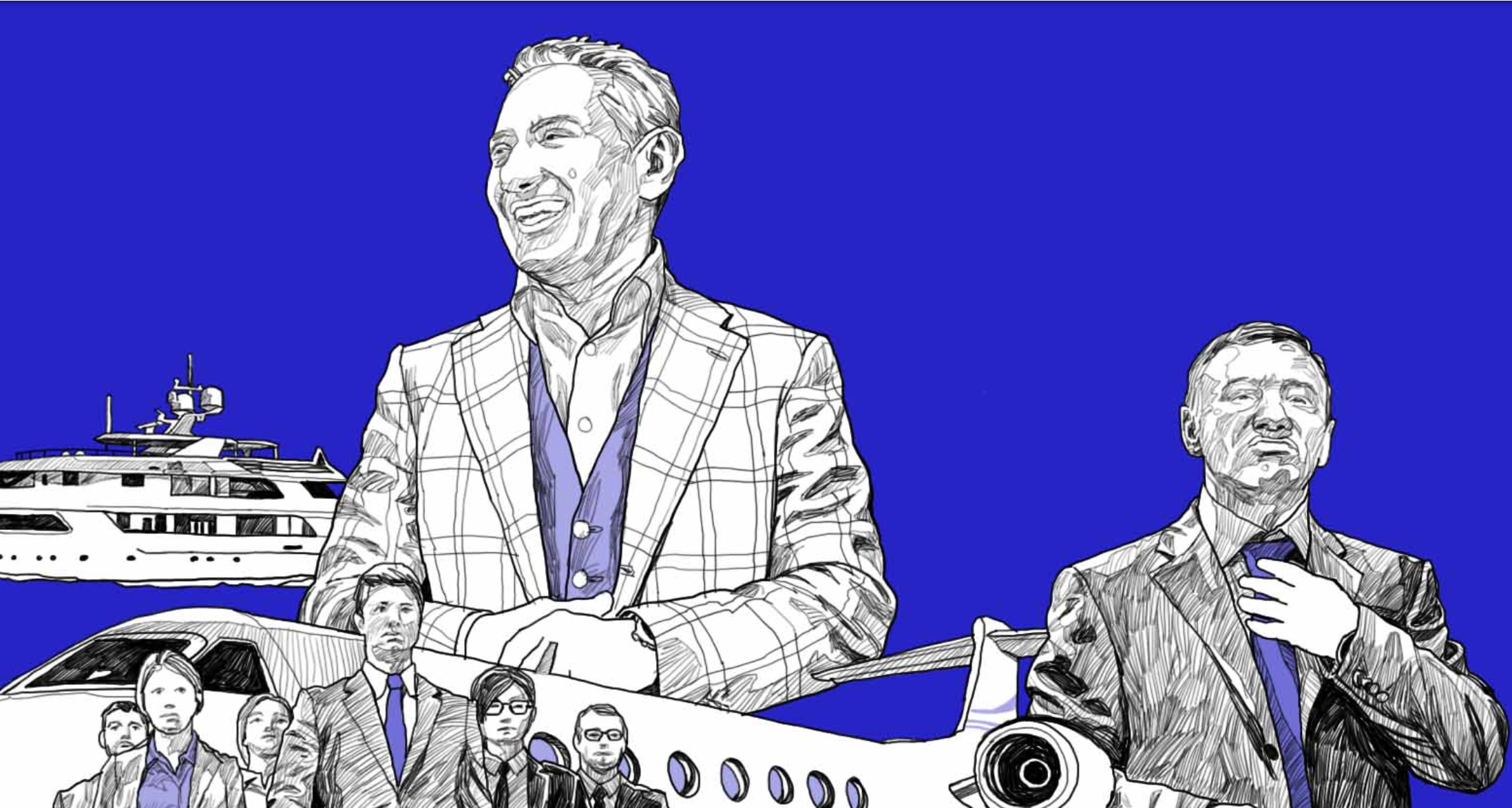Bloomberg: Russian elite pull $50 billion from 'unfriendly' European countries

Russian billionaires have pulled assets worth $50 billion from so-called "unfriendly" European countries since the start of the full-scale war due to mounting sanctions and pressure from the Kremlin, Bloomberg reported on Sept. 14.
The outlet said that Russia's wealthy are transferring their funds from locations like Cyprus, Switzerland, or the U.K. island of Jersey back to Russia or to places that Moscow considers friendly, such as Kazakhstan or the United Arab Emirates.
As Bloomberg pointed out, the first to undertake this step were fertilizer billionaire Andrey Guryev and steel tycoon Victor Rashnikov, followed by Igor Altushkin, Igor Shilov, Mark Kurtser, and others.
While the Russian elite have traditionally preferred to store assets in Europe, their options are growing thin as many of them find themselves on Western sanctions lists.
The Kremlin itself seeks to repatriate the wealth of Russian billionaires, using both a stick – such as suspending dual tax treaties – and a carrot – local low-tax domestic "offshore" zones.
Russian companies are also transferring their assets, with 115 business entities moving to domestic "offshore" zones this year, amounting to a total of 254, Bloomberg said, citing Russian First Deputy Economy Minister Ilya Torosov.
The U.S., the U.K., the EU, and other Western governments have imposed a number of sanctions against Russian high-profile figures linked to the Kremlin or involved in the Russian aggression against Ukraine.
Members of the Russian elite have had their offshore assets frozen or were barred entry to Western countries. Kyiv said it wants to create mechanisms to have the frozen assets used to pay for Ukraine's reconstruction and recovery.
On Sept. 6, U.S. State Secretary Antony Blinken said that for the first time, Washington will fund support for Ukrainian military veterans using "assets seized from sanctioned Russian oligarchs."












